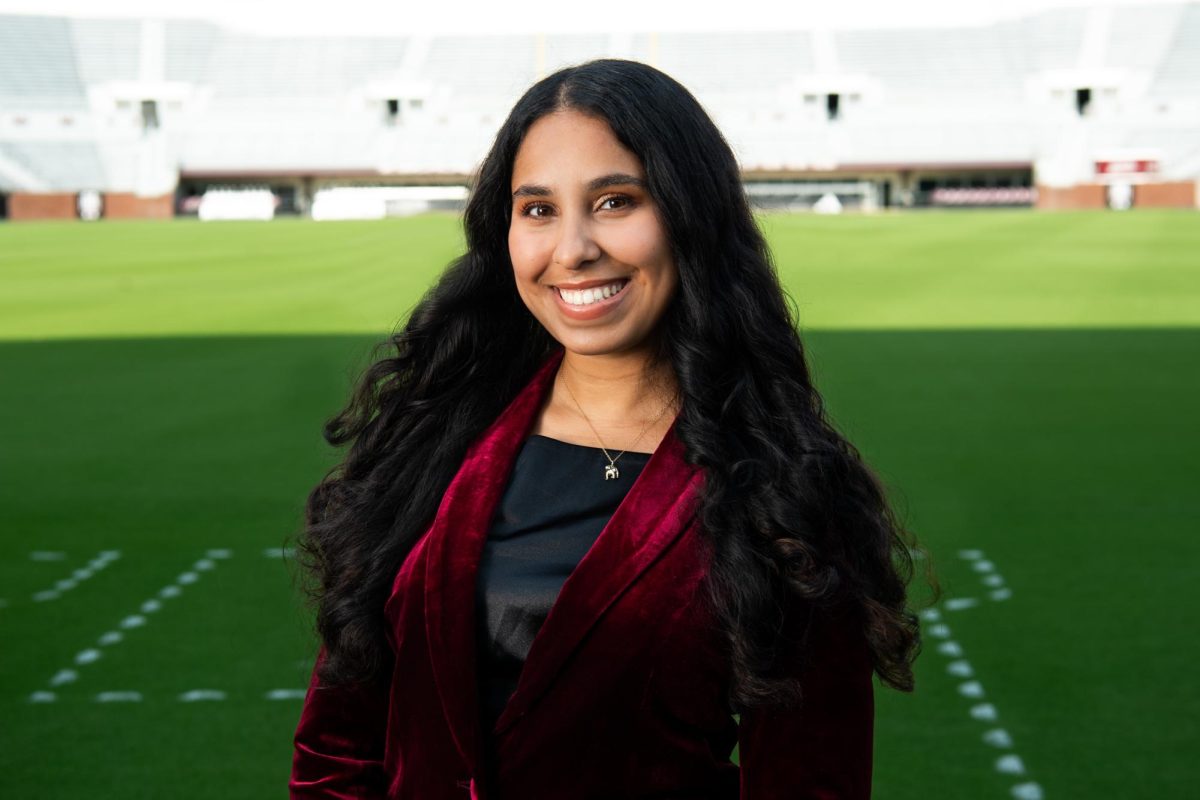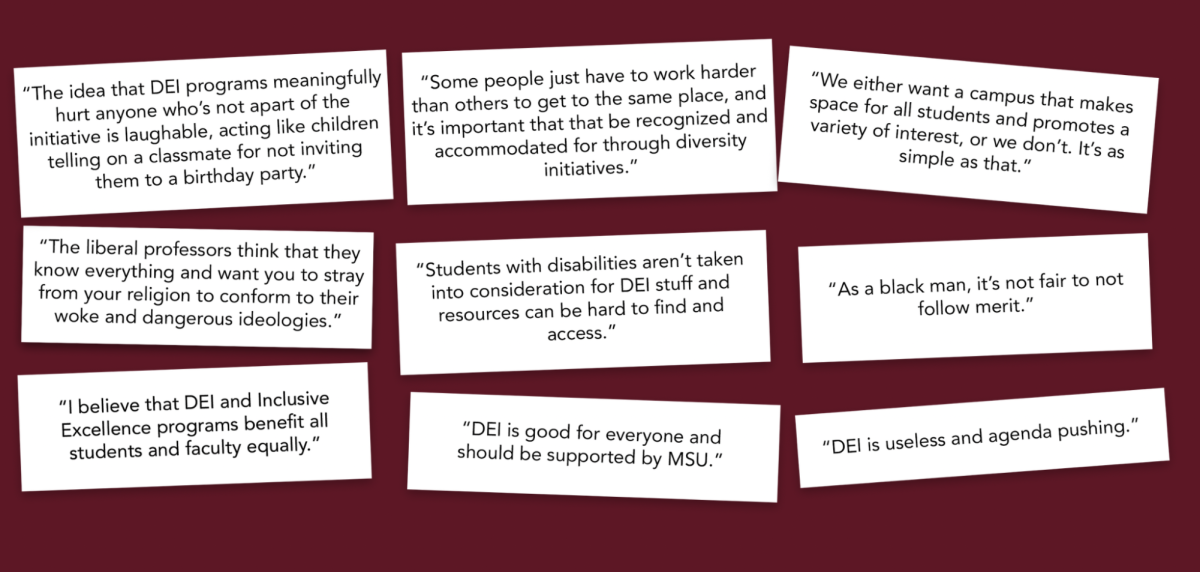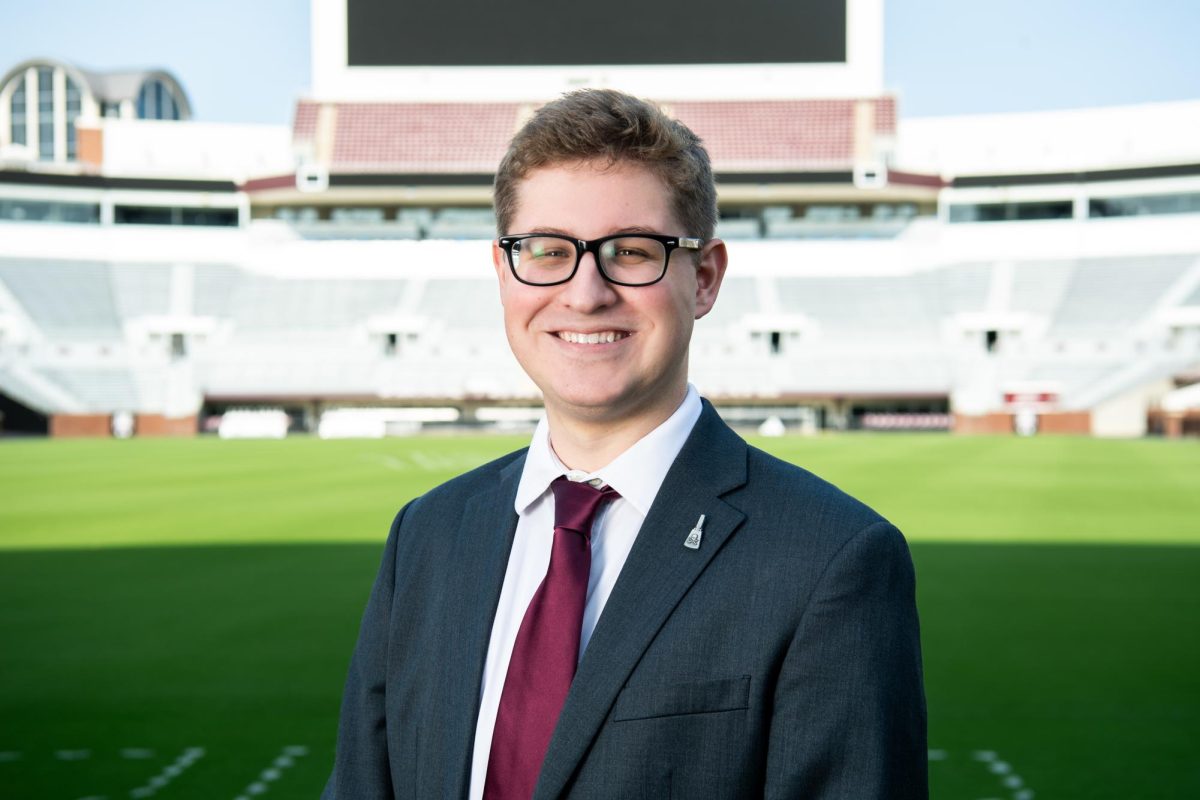The sixth annual Rural Interdisciplinary Case Experience (RICE) Bowl is set to take place from 5:30-7:30 p.m. at the University of Mississippi Medical Center in Jackson on Oct. 29.
Academic institutions participating in the event include Belhaven University, Jackson State University, Mississippi College, the University of Mississippi, Mississippi State University and the University of Mississippi Medical Center.
MSU’s graduate student representatives for the RICE Bowl come from the Department of Food Science, Nutrition and Health Promotion. The participating students are from various academic disciplines throughout the department.
The competition is comprised of teams designed for diversity, with students working together to present solutions for real-world rural health issues.
Ning Tapanee, a PhD student in nutrition, participated in the RICE Bowl last year. The competition helped her realize the importance of stepping outside of a certain discipline to solve health issues.
“To be a part of this competition, it made me understand how important interdisciplinary teams are for the health care system in order to provide the best quality of care,” Tapanee said. “This competition helped me to develop a network of other interdisciplinary grad students.”
Competing students have the opportunity to tackle complex problems with peers in other disciplines and combine their knowledge in a unique, experiential learning environment.
Arnita Norwood, an assistant professor in the Department of Food Science, Nutrition and Health Promotion, said she believes the competition was created to mimic the growth of the health care industry.
“The RICE Bowl began as a result of the evolution of our health care system,” Norwood said. “Traditional systems of education inadequately prepare students for the reality of collaborative and interdisciplinary approaches to quality patient care.”
The goal of the RICE Bowl is to better prepare future leaders in the rural health field to work in interdisciplinary teams and provide improved, quality care to individuals and entire populations.
According to MSU Nutrition instructor Mandy Conrad, who served as a RICE Bowl judge and case study creator in last year’s event, the competition is divided into three teams of students from 13 academic disciplines.
The same complex case study is provided to all three teams, allowing students to collaborate with each other and utilize the knowledge each member brings to the team.
Conrad said the case is provided to the teams in waves, with additional information about the scenario being revealed as the event proceeds. After the participants finish reviewing their case, the team is called to the stage to answer questions as a panel.
“The event is a great way for students to think outside of their own discipline and consider a variety of barriers to health care that individuals may face,” Conrad said.
According to Norwood, the competition is divided into three rounds that are approximately 30 minutes long with one to three questions asked per round.
Norwood said every team has seven minutes to respond to a round of questions, and each question is worth a maximum of eight points per faculty judge for a per-round maximum of 96 points and a competition maximum of 288. The team with the most points wins.
The RICE Bowl is sponsored by UMMC’s Myrlie Evers-Williams Institute for the Elimination of Health Disparities. According to its website, the institute is dedicated to the reduction, and ultimate elimination, of health disparities through community engagement.
The Evers-Williams Institute was established in 2014 to address salient issues in Mississippi, such as food insecurity, education and child safety. MSU formed an official partnership with the institute in 2016 to broaden the institute’s geographic presence and future collaborations toward health equity, the website stated.
According to a page on the MSU website dedicated to the Evers-Williams Institute, MSU’s partnership with the UMMC institution aims to eliminate health disparities for MS residents through family-centered research and activities.
The RICE Bowl is one of many activities the Evers-Williams Institute holds each year.
Megumi Hashida, a graduate student in the Department of Food Science, Nutrition, and Health Promotion, plans to participate in this year’s RICE Bowl because an internship taught her the significance of interdisciplinary teamwork.
“During a dietetic internship, I felt multidisciplinary teamwork is essential to share patients’ conditions and provide adequate treatment,” Hashida said. “As a dietitian, we can suggest any ideas related to food and nutrition. However, I was not familiar with other professionals’ functions and how we can collaborate.”
Hashida said she believes the competition is also a successful way to establish rapport, reduce misconceptions and enhance communication skills.
According to Conrad, the event achieves its purpose by bringing students from different backgrounds onto the same team.
“This event is important because it brings together students from a variety of disciplines to work together, learn from each other and address complex issues,” Conrad said. “Individual health is multi-faceted, and it takes awareness and collaboration of many professionals to ensure quality health care for every human being.”
RICE Bowl encourages interdisciplinary teamwork in rural healthcare
0
More to Discover


































































































